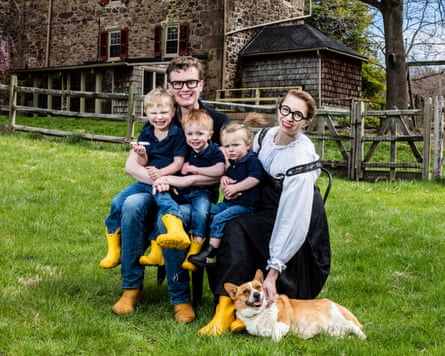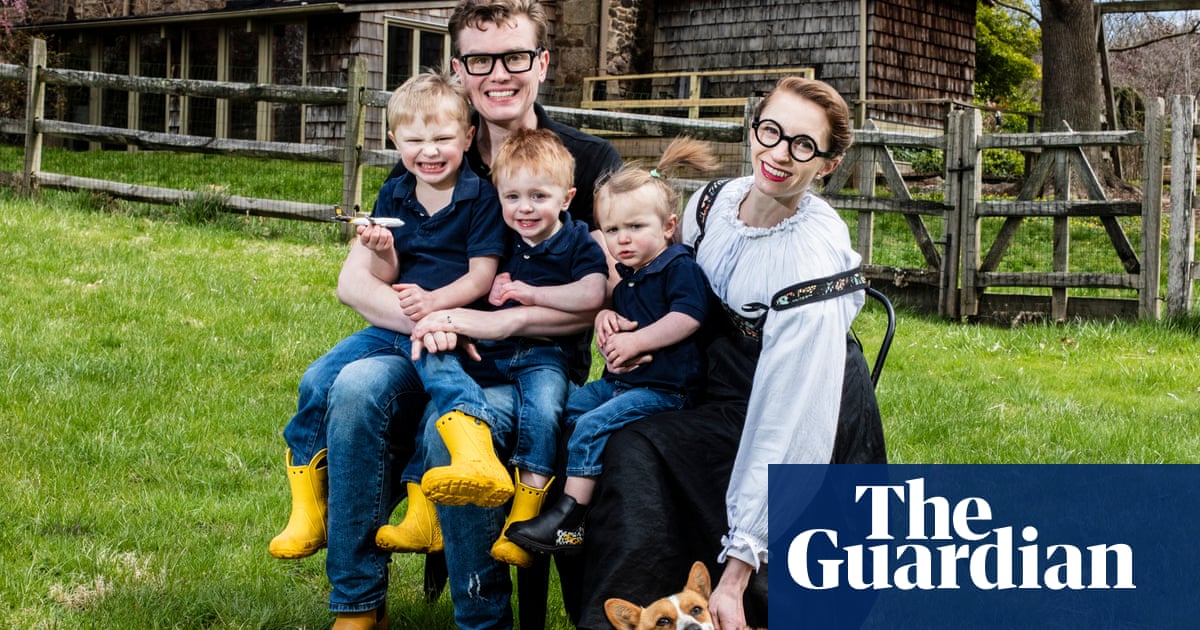Why is pro-natalism – the idea that society should focus on producing children – a growing movement in the US?
The Guardian US columnist Moira Donegan tells Helen Pidd: “This is not something that average people in the US are crying out for. People are having the number of children that they desire and think that they can support, right?
“What we have instead is a pro-natalist movement that’s getting a lot of attention and perceives themselves to have allies in the new Trump administration, and particularly in the form of Vice-president JD Vance and the world’s richest man and presidential adviser, Elon Musk.”
The second annual natal conference, or NatalCon, was held in April in Austin, Texas. It brought together the various groups who want there to be more babies in the US – and they were an unusual collective.
Doneghan says: “So you have folks who we might think of as sort of the traditional old-school pronatalists, right? Like traditionalist Catholics who are very invested in a cultural model in which marriage is the sole legitimate expression of sexuality and in which that sexuality is sort of unmediated by any use of birth control or non-reproductive practices.
“But there’s also people who have a different approach. So there’s a lot of these techno-futurists, who are advancing the use of artificial reproductive technology, including things that are very frowned on by the Catholic church, such as IVF. These are also people who tend to be very into gene editing. Something I think is really important to hammer down about the pro-natalist movement is that they’re not just looking for more babies, they’re looking for more of what they consider higher-quality babies … which is a judgment that they’re making that might have, I think frequently does have, racial connotations.”
Support the Guardian today: theguardian.com/todayinfocuspod




